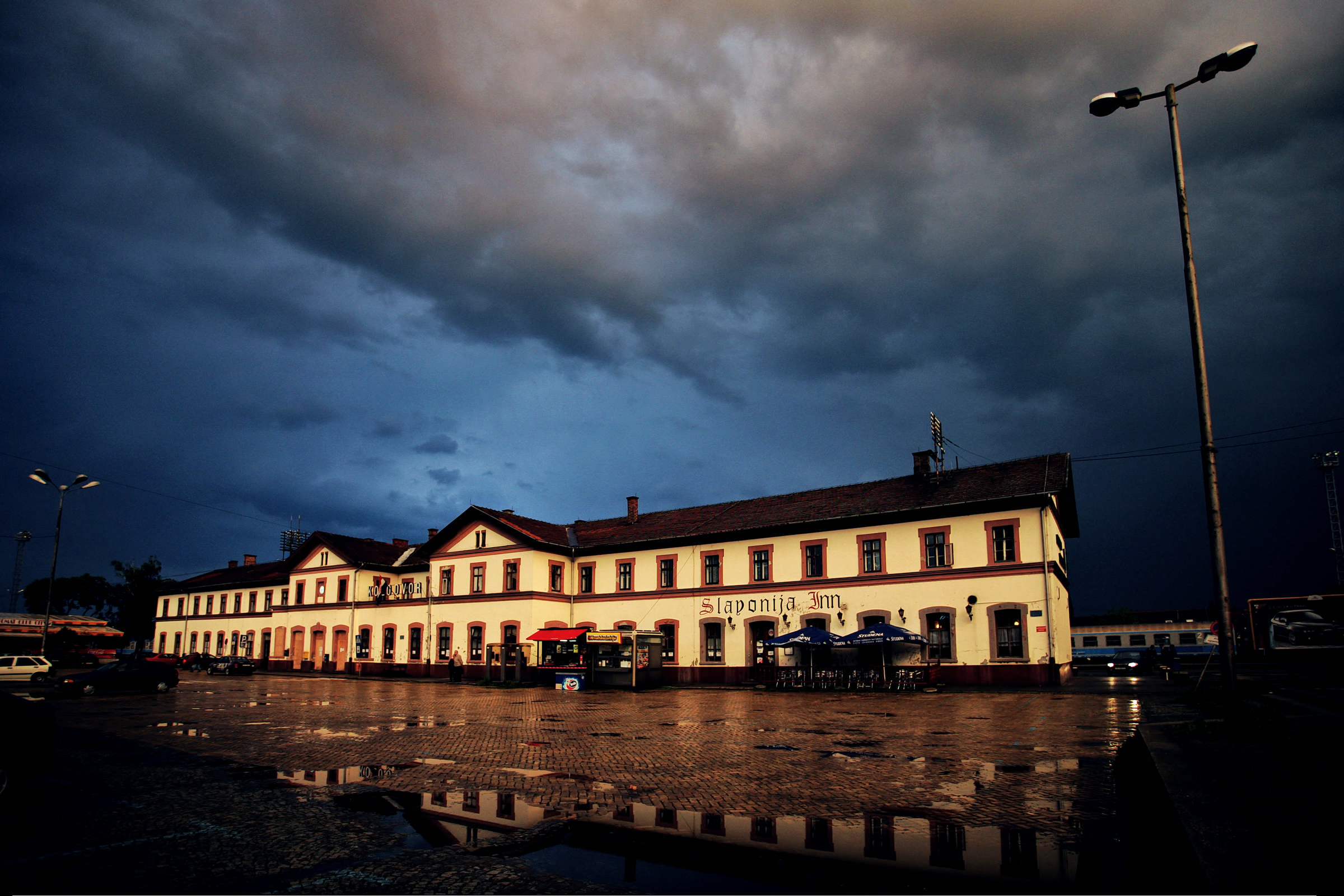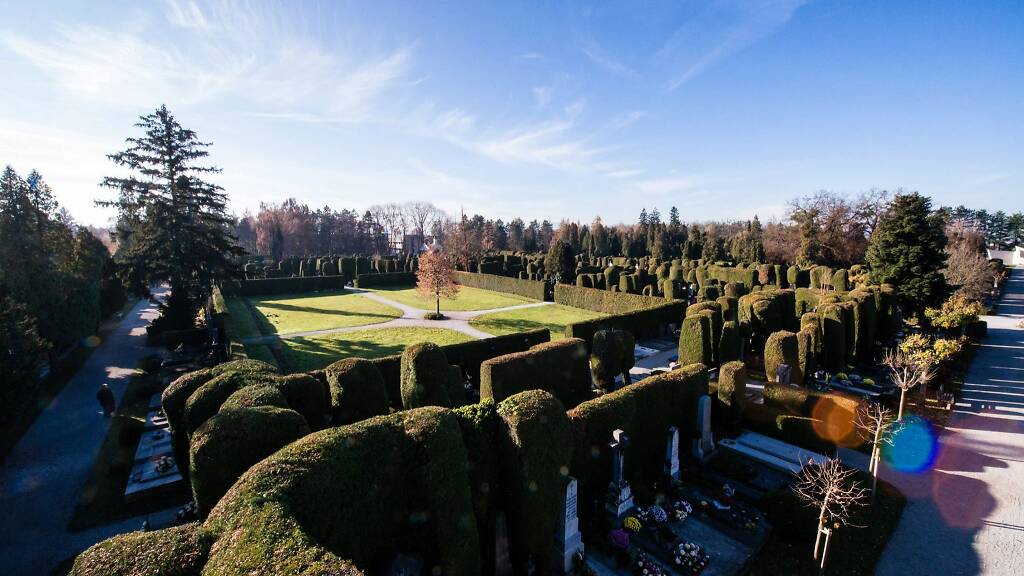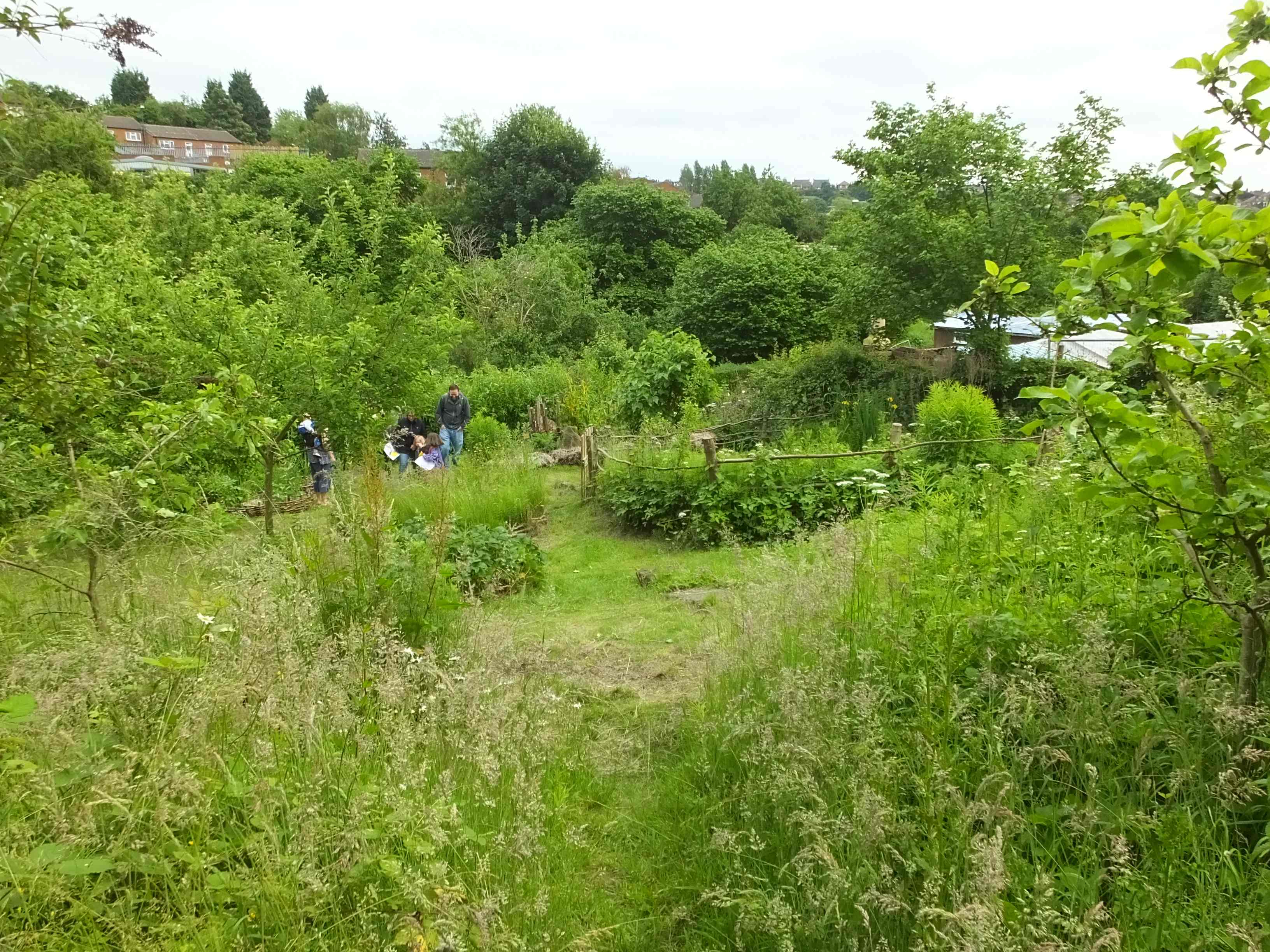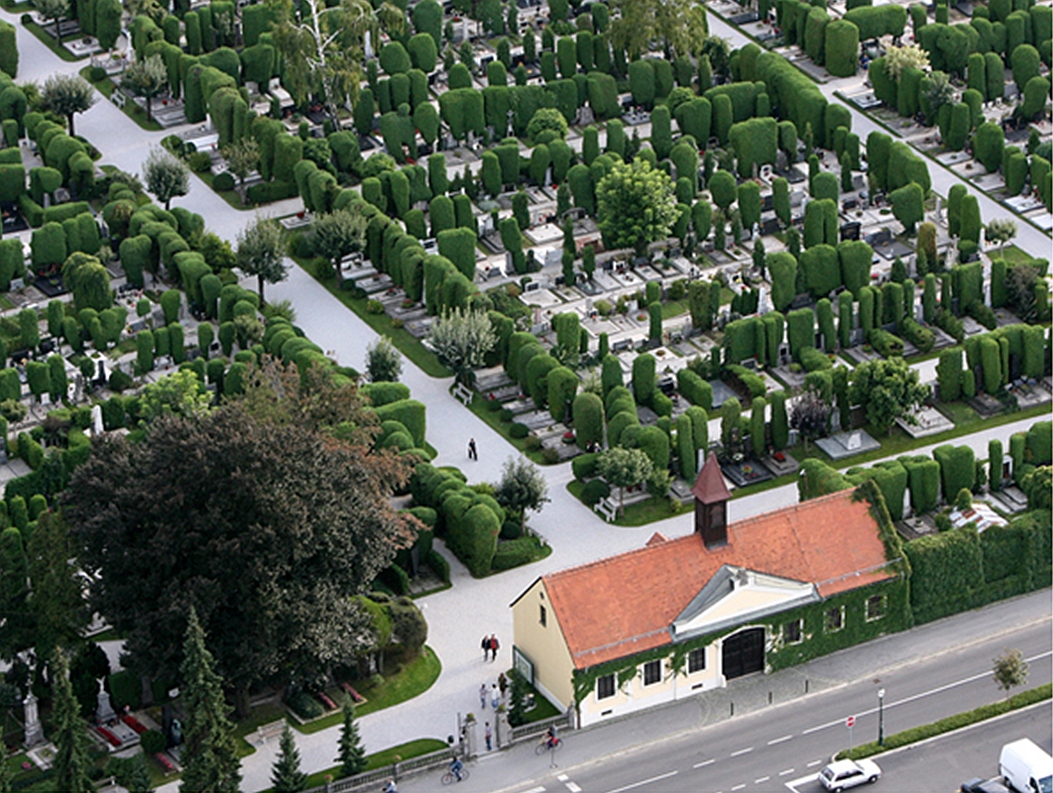Croatian Schools Suggest Classes End Around June 15, Not June 21
March 26, 2022 - The Ministry of Education has released the calendar of the new school year for public discussion among Croatian schools. According to it, the next school year would start on September 5 and end on June 21.
The exception, as before, is the students of the final grades of high schools whose classes end on May 26, reports Jutarnji List. And this time the holidays are many: the autumn break begins on October 31 and classes are already on November 2; the winter holidays are in two parts - the first from 27 December to 5 January (with classes starting on 9 January) and the second part from 20 to 24 February (classes from 27 February). The spring break for students will follow from April 6 to 14, with classes starting on April 17.
Although the next school year is scheduled to end on a day like this (June 21), a public debate among Croatian schools is proposing a return to the old solution, when classes ended earlier, usually around June 15. "It would be good for students to start their summer vacation earlier, so corrections based on summer vacation are necessary for a complete calendar, and there is room for correction," the discussion proposal reads.
While it is praised that students have more short breaks during the year, the comments state that everything that enters the third week in June is not good. Students are overworked, teachers are burned out, and climatic conditions are often unbearable. In these conditions, it is extremely difficult to maintain the high level of concentration required by the end of the school year, the proponents of returning to an earlier summer vacation explain.
As an additional argument, they offer enrollment in high schools ending in the second half of July. "I think that classes should end earlier in June, as was the case until recently, so around mid-June. Classes until the second half of June, when it is already very hot, will be very uncomfortable. Most schools do not have air conditioning,", they said.
For more, check out our lifestyle section.
Zagreb Schools To Go Back to Face-to-Face Classes As Of 8 November
ZAGREB, 4 Nov 2021 - As of Monday, November 8, primary and secondary schools in Zagreb will go back to face-to-face classes, the city's education office said on Thursday.
In case the epidemiological situation in a school worsens, the city office will, in cooperation with the "Andrija Štampar" Teaching Institute for Public Health, consider switching to online classes.
The city office for education said this decision was made in line with a conclusion of the city's COVID-19 response team of November 4.
This week, after All Saints' Day, schools have been holding online classes.
For more, make sure to check out our dedicated lifestyle section.
Fuchs: Schools Won't Function Normally Until Sufficient Number of People Vaccinated
ZAGREB, 29 Oct 2021 - Science and Education Minister Radovan Fuchs warned on Friday that life would not return to normal and schools would not be able to function normally until a sufficient number of citizens got vaccinated against COVID-19, noting that his ministry was carefully following the situation in schools.
"There will always be someone in self-isolation unless a sufficient number of citizens get vaccinated," Fuchs said during a visit to Župa Dubrovačka.
Asked about the situation after the school break next week, Fuchs said that he would be able to answer the question only if he knew how the epidemiological situation would unfold but that nonetheless it seemed that "something has changed in citizens' attitude" as more were willing to get vaccinated.
He dismissed the remark that the quality of education could be compromised, stressing that the experience of last year showed that the distribution of online classes was even and that his ministry was following decisions made by local COVID-19 response teams and had a very good data base on the number of students and teachers currently ill or in self-isolation.
For more news,CLICK HERE.
MP Calls for Ensuring Psychological Help for All School-Goers
ZAGREB, 1 Oct 2021 - GLAS party leader and MP Anka Mrak-Taritaš has submitted a conclusion to the parliament calling on it to oblige the government to make sure all school-goers have access to psychological help due to the negative impact of the coronavirus pandemic and earthquakes as of the next school year.
Mrak-Taritaš told a press conference on Friday that the Zagreb Institute for Social Research recently published a survey covering 27,000 students, 417 experts and 4,796 teachers.
The survey showed that the coronavirus pandemic has negatively or extremely negatively impacted the lives of most students, affecting their motivation and mental health.
"It is particularly concerning to learn that depression and anxiety have increased significantly among students, as have phobias and fear... Also, a large number of Croatian students live in areas that were affected by the earthquakes and they certainly feel the consequences of those traumatic events," she warned.
Only 43% of schools have a psychologist employed
Mrak-Taritaš warned that the State Pedagogical Standard is not being respected in the school system and that a survey showed that as many as 233 elementary schools employ fewer professionals than stipulated by regulations, and only 43% of schools have a psychologist employed.
She noted that 880 elementary schools have a total of 340 psychologists employed which means that about 130,000 primary school pupils do not have access to psychological help. That means that one psychologist is responsible for an average of 925 students, said Mrak-Taritaš.
According to the electronic records of the Ministry of Science and Education, currently 47% of elementary schools and 55% of secondary schools have an employed psychologist, said Mrak-Taritaš.
For more on politics,CLICK HERE.
New School Year Begins for 460,000 Students, Including 37,000 First Graders
ZAGREB, 6 Sept 2021 - The new school year 2021-22 begins on Monday for almost 460,000 elementary and secondary school students across Croatia, including about 37,000 first graders, and all will have face-to-face classes.
This year again HRK 158 million was earmarked in the state budget for free textbooks for elementary school students.
Science and Education Minister Radovan Fuchs said on Sunday that elementary school students in grades five to eight and secondary school students would have to wear masks if the distance between them in classrooms was less than 1.5 to 2 meters.
However, masks are mandatory in hallways, outside classrooms, and in school transport.
Teachers who have been vaccinated against COVID-19 do not have to wear masks in classrooms, while those who have not been do, Fuchs said on RTL television.
The ministry has issued epidemiological recommendations based on research, the experience of epidemiologists, all stakeholders in the education system and other EU countries as well as in line with those of relevant European and international organizations, notably the World Health Organization.
For more, make sure to check out our dedicated lifestyle section.
BREAKING FREE NEWS: Incredible Freddie Mercury Tribute by Čakovec Students
May 20, 2021 – Brilliant Queen and Freddie Mercury Tribute by Čakovec students boldly challenges prejudice, oppression and expectations.
When people think of Čakovec in northern Croatia, usually they're not thinking of a shockingly, progressive place. But, perhaps that's just why high school students of Josip Slavenski Gymnasium decided on this move. Certainly, the graduation photo of the school's 4 E class boldly counters all expectations.
Instead of the usual fun, frivolity and throwing of hats, the students decided for their end-of-term picture to challenge, provoke and confound everyone. The result is absolutely fantastic, 'breaking free' of all conformity.
In the Freddie Mercury tribute photo, the Čakovec students are all dressed as the iconic Queen frontman, as seen in the video to the band's unforgettable 'I Want To Break Free' single. In 1984, when the song was originally released, it caused quite the controversy.
Queen and Freddie Mercury 'I Want to Break Free'
In Europe, the release was well-received, the video adored and the song went to the top of the charts. But, in the USA, it was a different story.
Queen had not considerably troubled the charts in America since their breakthrough 1970s single 'Bohemian Rhapsody'. But, in 1984, the band released in the U.S. the American version of their multi-platinum 'Greatest Hits' album. A hit! Then, they followed it with a new single, 'Radio Gaga'. Again, a hit! After over a decade of releasing music, Queen were finally on the brink of breaking the most lucrative music market in the world.
So, what did they do? For their next song, 'I Want To Break Free', the band decided to appear entirely 'in drag', as women, in the video. Although transvestitism is completely unrelated to homosexuality, perhaps the least intelligent members of society presumed this to be the idea of the band's singer, Freddie Mercury, who was gay. Not so. The idea for the video actually came from Queen drummer Roger Taylor.
American music television simply didn't understand the video. They refused to screen it. When they did, American audiences were either mystified or horrified. Well, this is a country that once elected Donald Trump for president. The response to this brilliant Freddie Mercury Tribute photo from the students of Čakovec might be comparable, in the least progressive sections of society. You know, the places where people still point to the sky when a plane passes. Or where the music of Queen is considered 'new'. As, perhaps, is electricity.
4 E Josip Slavenski Gymnasium, Čakovec, Freddie Mercury tribute
And yet, with this outrageous Freddie Mercury Tribute, these Čakovec students have proved themselves to be the best of the future generation. Bold, confrontational, committed and outright funny. In the Freddie Mercury tribute, they stand in front of the banner for the Festival of Alternative Čakovec. It's a deliberately inclusive event, intended to draw all sections of society. Anyone challenging their sense of fun must simply be regarded as the most miserable, moany and backward of all among us.
Just as the band Queen confounded some with their 1984 release, so too today will these Čakovec students with their Freddie Mercury Tribute. Luckily, there are many more young progressive people in Čakovec and Croatia - and Queen fans - than there are miserable, moany voices. Bravo class 4 E Josip Slavenski Gymnasium, Čakovec!
Ministry: Seventeen Schools in Quake-Hit Area Postpone Start of 2nd Term
ZAGREB, 18 January, 2021 - At the start of the second school term in Croatian schools, slightly fewer than 180,000 pupils are attending face-to-face classes according to model A, while 17 schools in Sisak-Moslavina County have been given approval to postpone the start of classes.
According to the data from the Science and Education Ministry, a total of 150,636 pupils in lower grades of primary school and about 29,000 students in the fourth grade of secondary school are attending classes in schools.
Students in higher grades of primary school and in the first, second and third grade of secondary school have online classes.
The start of the second term has been postponed for sixteen primary schools in Sisak-Moslavina County and the Glina Secondary School.
There are 53 schools in Sisak-Moslavina County -- 37 primary schools, 13 secondary schools and three music schools, there are 14,704 pupils and 2,754 school workers. There are also 21 kindergartens attended by 3,489 children.
Following the devastating earthquake that struck the county on December 29, nine of those buildings are unusable, 12 are temporarily unusable, 12 are usable with certain parts of buildings still posing a risk, and 23 are usable without limitations.
Students in Croatia Likely to Return to School on January 18
January 9, 2021 - Students in Croatia should return to classrooms on January 18, said the Ministry of Science and the City Education Office.
Jutarnji List reports that classes in Croatia, except those affected by the earthquake-affected Sisak-Moslavina County, should likely resume in schools on January 18, and the first day of classes in Zagreb schools should begin with evacuation exercises, revealed the Ministry of Science and City Education Office.
Over the next week, all counties should make decisions on teaching, and citing the favorable epidemiological situation related to COVID-19, Radovan Fuchs' ministry expects that the counties will mostly adhere to the A model of teaching. Namely, according to the MZO database of infected students, in the week before the holidays, from December 14 to 20, there were 2657 infected, and from January 1 to 7, the number dropped to 507 0.11 percent of students.
In the last week, Primorje-Gorski Kotar County recorded 76 COVID-positive schoolchildren (0.27 percent), Split-Dalmatia County 0.17 percent (93), Zagreb County 0.10 percent (31 students), and the City of Zagreb, if the data is to be believed, dropped to 108 positives, or 0.11 percent of students.
“We sincerely hope that the trend with small numbers of infected students will continue so that we can start the second semester with as many children in schools as possible,” said the advisor to the Minister of Education Božo Pavičin.
According to the confirmation of the head of the Zagreb Education Office, Ivica Lovrić, consultations with the Ministry on teaching began yesterday and will continue on Monday. In Zagreb, the earthquake is a priority, i.e., the safety of students in school buildings, which is why COVID fell into the background.
Parent associations and individuals ask questions about children's safety in old buildings, advocating for online teaching. Some school principals say the smaller cracks in buildings from the March earthquake have now widened and need to be repaired, even if such damage does not affect the facility’s functionality.
“Our school is certainly in better condition than before the earthquake in March because reinforcements were placed during the reconstruction. Therefore, the building is fortified, and whether it is safe, I really cannot claim. It is important to carry out evacuation exercises with students, adapted to each school building,” says Tihomir Engelsfeld, director of a Zagreb grammar school, whose building was badly damaged in March. The Petrinja earthquake on December 28 also caused a slight crack in the plaster.
The City Education Office says parents' fear is understandable but reiterates that most of the school buildings damaged in the March earthquake were well repaired.
In the event of a final decision to start teaching according to the A model, the City Office will appeal to teachers and school professional services to continue thematically on the first day.
“All schools will have an obligation to conduct evacuation exercises for all students on the first day of school,” says the head of the Zagreb Education Office, Ivica Lovrić.
In Sisak-Moslavina County, the online model is the most promising, combined with a mixed form of teaching.
Yesterday, the Ministry of Education sent an online questionnaire to the county education office for school principals in Banija to find out how many students do not currently live in their home, how many intend to return, the needs for textbooks and tablets, and how many students and teachers are without access to electricity and internet.
The president of the Association of Principals of Croatian Secondary Schools, Suzana Hitrec, hopes that the second semester will start with normal classes, except, of course, in schools affected by the earthquake.
“Now, it is important for us to conduct quality evacuation exercises in schools and to organize professional services for providing psychological assistance. The students have been stressed by COVID so far, and now by the earthquake. It is necessary to make them aware of what to do in case of an earthquake and not panic. Now we are all more sensitive than we have ever been before,” says Suzana Hitrec.
To read more about COVID-19 in Croatia, follow TCN's dedicated page.
All Full-Time Osijek and Baranja Students Get Free Train Travel
January 9, 2021 – From this year, full-time Osijek and Baranja students can get free train travel any time throughout their own county and for travel to educational centres anywhere in Croatia, in a new deal struck by the county and the national train operator
Once a sea bed, the vast flatlands of Slavonia are perfect for farming. At one time, this area was the breadbasket for much of Yugoslavia. It really wasn't so long ago that many folks left dry and dusty Dalmatia in search of employment and new lives on this fertile ground. Now, it's the other way round - Slavonian youth travel to the coast each summer in search of seasonal work. Others move to Ireland, Germany, Austria. Slavonia is losing many skilled younger people at an alarming rate. Increased mechanisation has reduced the need for labour in the area's agriculture. And, besides, most Slavonian youths are these days educated to a degree where their ambitions are greater than joining local agricultural endeavours.
In an area with limited possibilities, limited opportunities, education lies at the heart of survival in Slavonia. Local authorities know this and try to facilitate education as best they can. It is to that end that those in the Slavonian county of Osijek and Baranja have struck a deal with Croatia's national train operator to offer free train travel to all full-time Osijek and Baranja students.
Agreed upon at the end of last year, the scheme was implemented on 1 January 2021. Osijek and Baranja County has agreed to co-finance journeys for full-time Osijek and Baranja students who study not only within the county itself but across the whole of Croatia. Osijek train station © Romulić & Stojčić
Osijek train station © Romulić & Stojčić
Monthly tickets for travel within the county already held a discount of up to 65 percent given to full-time students by the train operator, depending on the route. The County has now agreed to pay the remainder of the monthly ticket for all full-time Osijek and Baranja students. To meet the requirements of this deal, the departing and destination stations must both be in Osijek-Baranja County. The free monthly ticket allows an unlimited number of trips on the route, meaning that Osijek and Baranja students can also use the train for free on recreational journeys within the county.
The second deal sees the County co-finance 50% of journey costs for full-time Osijek and Baranja students who study elsewhere in Croatia, with the train operator HŽ agreeing to grant a discount to cover the other 50 %.
In order to obtain a free (monthly or individual) ticket, it is necessary to first obtain a certificate from their Administrative Department for the Economy. To get the certificate, Osijek and Baranja students must submit a copy of their identity card, a certificate of full-time study and two completed application forms (these can be found on the county's website www.obz.hr). Requests can be made in person or by mail (Osijek-Baranja County, Administrative Department for Economy, Županijska 4, Osijek or on the e-mail: This email address is being protected from spambots. You need JavaScript enabled to view it.
Free tickets can thereafter be bought by Osijek and Baranja students at the box office, prior to travel, or on the train itself, upon producing the relevant and needed documentation.
City of Varazdin Gets Croatia's First Community Orchard
October 27, 2020 – The City of Varazdin is planting Croatia's first community orchard – the space will bring together residents of all ages, provide free fruits and play a role in educating about organic produce and cultivation
The first community orchard in this part of Europe is being built in Varazdin. The community orchard will be situated to the west of the city centre, in the Haller alley, just behind the city cemetery. In the first phase, some 250 trees will be planted and be accessible to the public. Beautifully landscaped in the early 1900s by Herman Haller, the City of Varazdin cemetery is one of its best gardens. It contains works by internationally recognised Croatian sculptors Antun Augustinčić and Roberto Frangeš-Mihanović. Frangeš-Mihanović is responsible for the very famous statue of King Tomislav which faces the main train station in Zagreb. The Varazdin community orchard will be located in Haller's alley, just behind the cemetery © Parkovi d.d. Varaždin
Beautifully landscaped in the early 1900s by Herman Haller, the City of Varazdin cemetery is one of its best gardens. It contains works by internationally recognised Croatian sculptors Antun Augustinčić and Roberto Frangeš-Mihanović. Frangeš-Mihanović is responsible for the very famous statue of King Tomislav which faces the main train station in Zagreb. The Varazdin community orchard will be located in Haller's alley, just behind the cemetery © Parkovi d.d. Varaždin
A community orchard, sometimes known as a public orchard, is an increasingly popular use of public land in some areas of western Europe and North America. They are an asset shared by a community and not managed for personal or business profit.
A community orchard has many benefits - it increases community access to healthy, organic fruit, it teaches young people about food, organic produce, agriculture and cultivation and it allows ordinary people to develop cultivation skills. This is particularly useful to those who themselves own no land for growing. They also increase co-operation and inter-generational socialising within a community and can be made into focal points for community activities. St Ann's Community orchard in Nottinghamshire, England © Clem Rutter, Rochester, Kent. (www.clemrutter.net)
St Ann's Community orchard in Nottinghamshire, England © Clem Rutter, Rochester, Kent. (www.clemrutter.net)
However, community orchards are not always met with universal approval. Interest in community gardening and cultivation schemes can wane over time, especially if they are started without authorisation. The burden of taking care of such projects then falls on city authorities.
Thankfully, any objections to this brilliant idea in Varazdin have been removed – the Varazdin community orchard will be taken care of by the city's own parks authority. They will decide on which particular fruits and trees are to be planted. Anyone from the community can come and help themselves. City of Varazdin cemetery, behind which the community orchard will be placed © Turistička zajednica grada Varaždina
City of Varazdin cemetery, behind which the community orchard will be placed © Turistička zajednica grada Varaždina
Low-lying fruit trees and berries are often chosen for community orchards. Their height level means they are not out of reach for youngsters who are being educated in such areas, and harvest is made safer, easier and more accessible to all age ranges.
The community orchard in Varazdin will be arranged in expanding circles. The first planted trees are expected to bear their first fruits within just a few years. Some residents of Croatia might be of the opinion that their communities already have a community orchard. However, taking fruit from a neighbours trees, even if granted permission to do so, is something different to a community orchard, in which access to pick fruit is opened to the general public at any time, not just community members and with no prior agreement necessary. Stealing fruit from your neighbour's trees and bushes is certainly not comparable to a community orchard.
For the latest travel info, bookmark our main travel info article, which is updated daily.
Read the Croatian Travel Update in your language - now available in 24 languages


